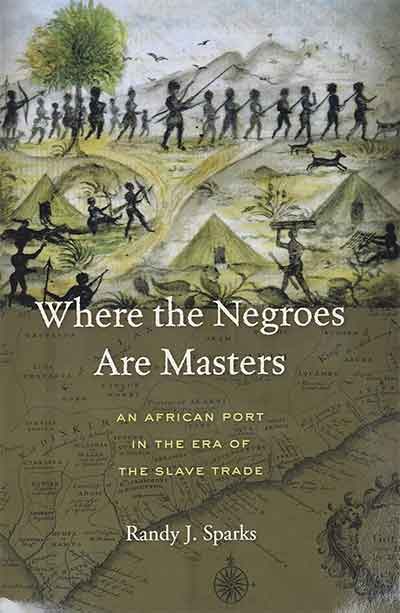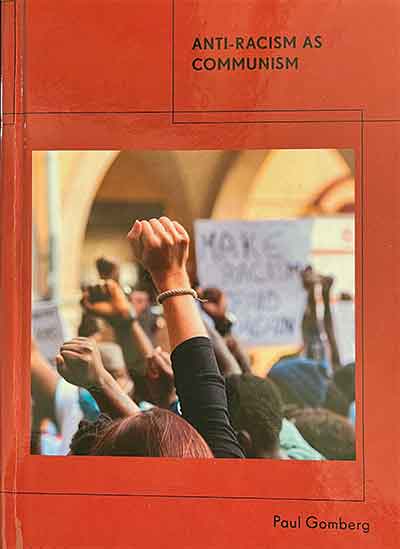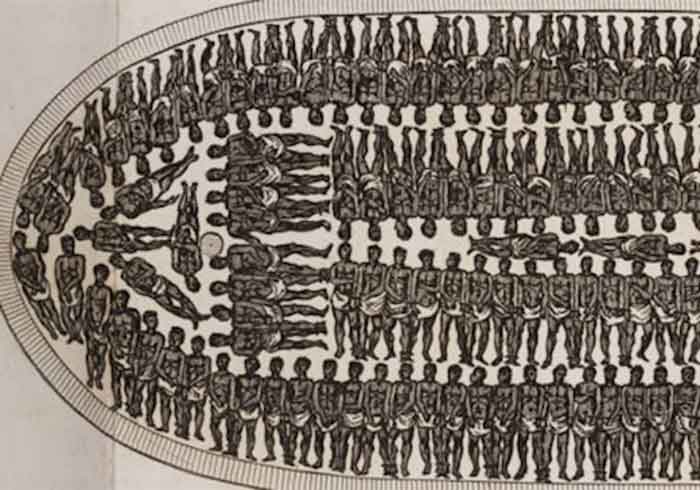
At long last, on April 5, the Kansas state legislature passed HB 2562 by a vote of 123 to 0. The bill includes a provision concerning racial covenants attached to property documents allowing property owners for a fee to “… release such covenants from their property by recording a certificate of release of prohibited covenants with the Register of Deeds.” Governor Laura Kelly approved and signed the bill into law on April 19.
The racist, insulting, degrading and discriminatory language contained in some Kansas property records harking from an earlier era came to light as an issue in 2022 when Council on American-Islamic Relations (CAIR-KS) Board Chairman Dr. Moussa Elbayoum requested their removal by Kansas Democratic Governor Kelly. Elbayoumy stated at the time that “It is unacceptable that racist, discriminatory language continues to be present in property documents,” and that “Governor Kelly should immediately issue an executive order allowing for the swift removal of such content from property documents in Roeland Park and statewide. Doing so would be a step toward ensuring equal housing opportunities for all citizens.”
Governor Kelly responded to CAIR Kansas’ call in 2022 for not issuing an executive order by saying during a NPR interview that “The fastest, easiest, most cost-effective way to deal with this would be to have the legislature just do something blanket that would help all of our local communities.” With Governor Kelly’s inaction to issue such an order, the matter in question was taken up by State Representative Rui Xu (D) who sponsored legislation in a separate bill to remove the racists covenants statewide.
After Representative Rui Xu’s bill HB 2174 failed to be voted on, the matter fell by the wayside. The issue recently reemerged as a new amendment to HB 2562 (Section 14. a) a package of property related legislation that included a compromise on the covenants’ issue. Its chance of passage as an amendment rather than a stand-alone bill allowing for property owners at their expense to remove the covenants likely made the issue more palatable to previously hesitant legislators. As legislation often goes, attaching additional language or a new amendment to an important bill can pass as members, anxious to see the main legislation become law, vote in the affirmative.
In this instance, the amendment specifically states that “restrictive covenant recitals” are void and unenforceable thus bringing Kansas state law into line with the 1968 Civil Rights Act, Title VIII, The Fair Housing Act federal legislation passed by Congress and signed into law by President Lyndon Johnson. While the covenants have not been enforceable since 1968, their presence and racist symbolism continued to reflect the Jim Crow era of the South when developers and municipalities enforced this brand of racial segregation along with red-lining and discrimination of housing to keep neighborhoods, towns and cities White.
One example of the Kansas covenants included anyone of “…more-than one fourth of the Semitic race, blood, origin, or extraction,” further describing those affected as “Armenians, Jews, Hebrews, Turks, Persians, Syrians and Arabians.” The racially restrictive covenants historically were used widely in newspaper ads to promote sales of real estate developments usually at a premium to prospective buyers, in assuring them of the “racial purity” of new neighborhoods.
It should be noted, however, that at least 24 states (18 Republican and 6 Democratic) including Kansas have newly enacted or are considering legislating limits on foreign property ownership. The issue now has shifted to reflect contemporary concerns based on security and growing xenophobic rhetoric including new restrictions of property ownership by Cuba, Iran, North Korea, Russia, Syria and Venezuela. All this is quite familiar in birthing a new “Jim Crow du jour” era as the older racist covenants are removed across the country.
Report and photo by Phil Pasquini
© 2024 nuzeink all rights reserved worldwide















































